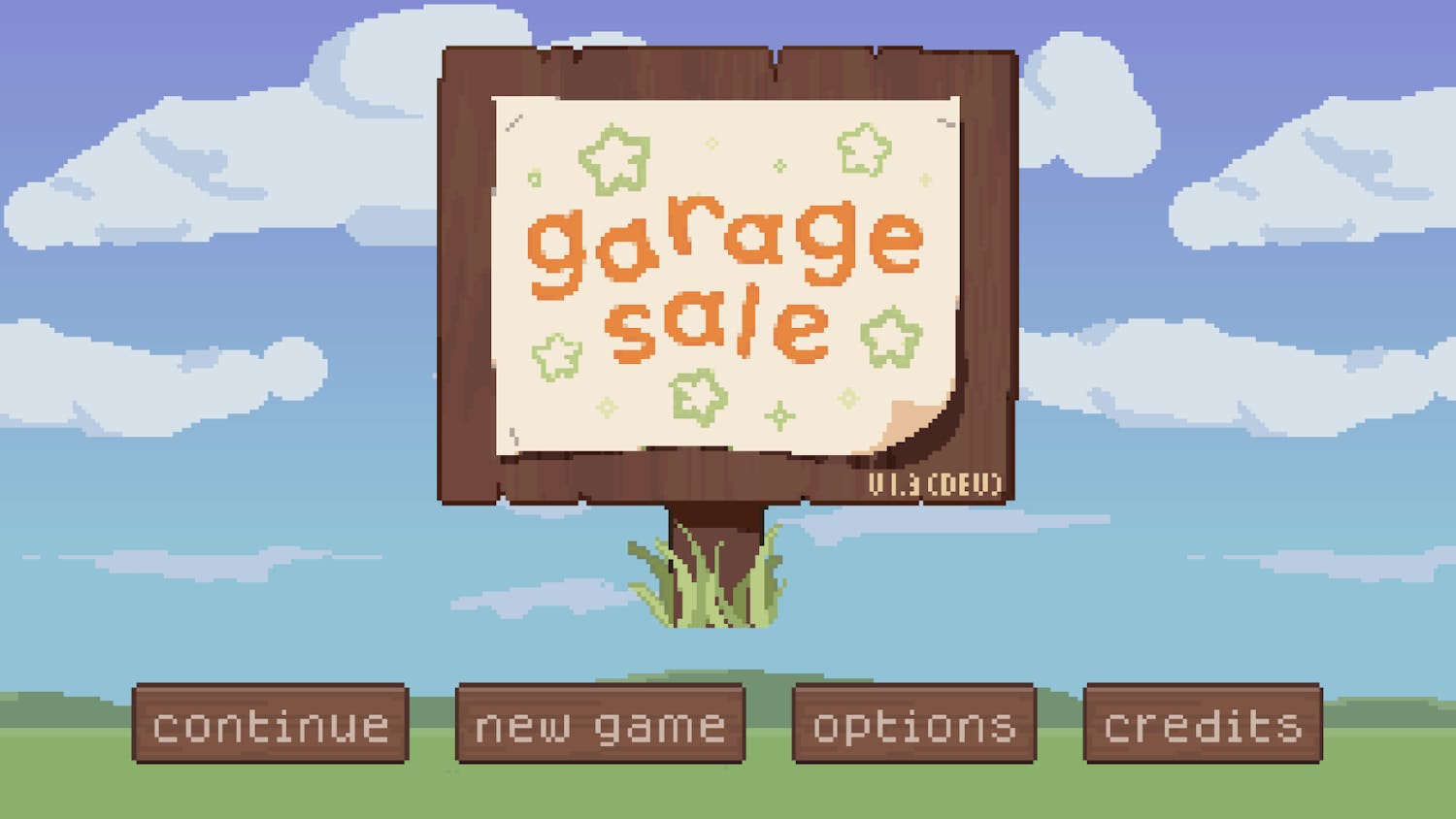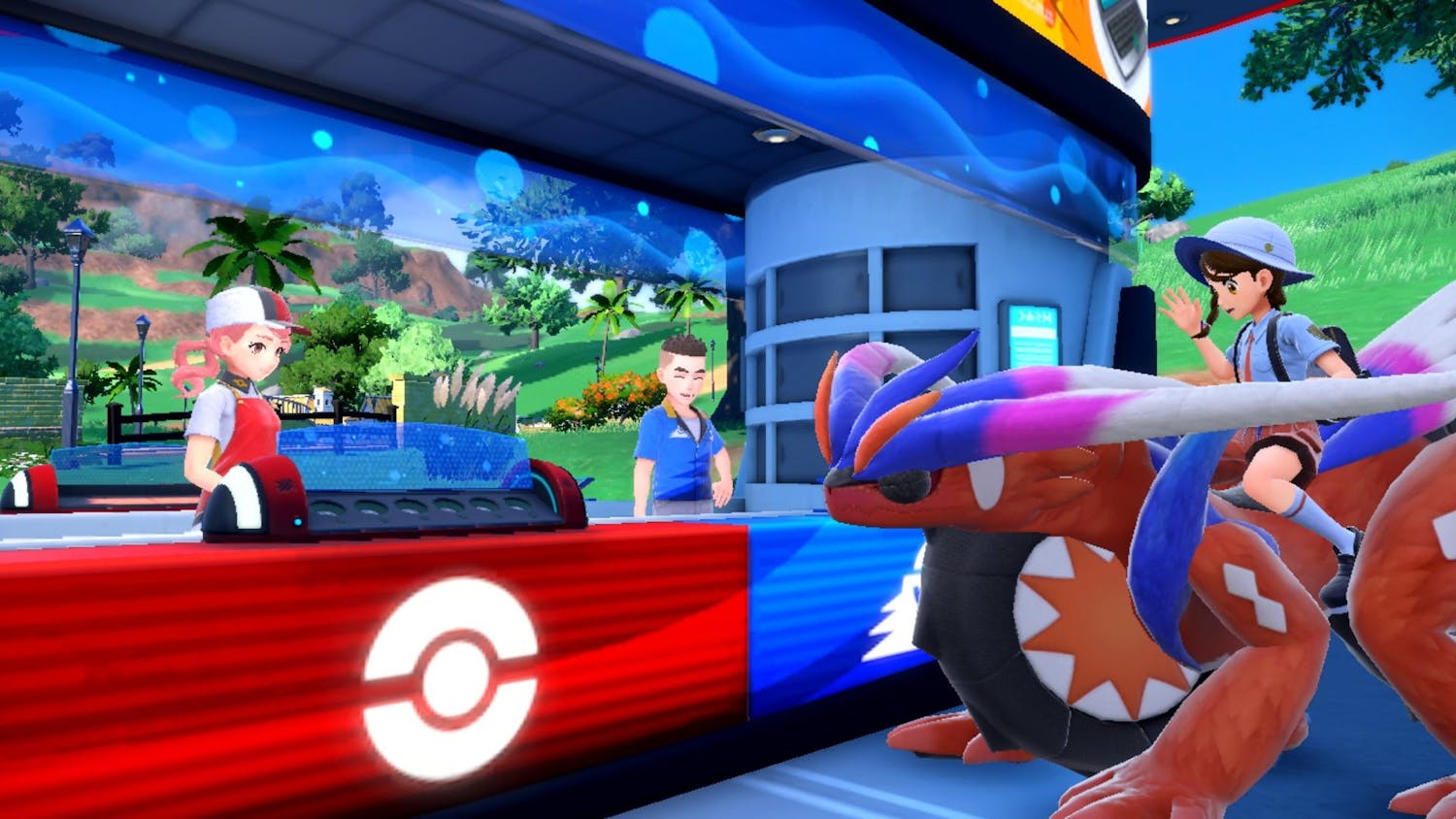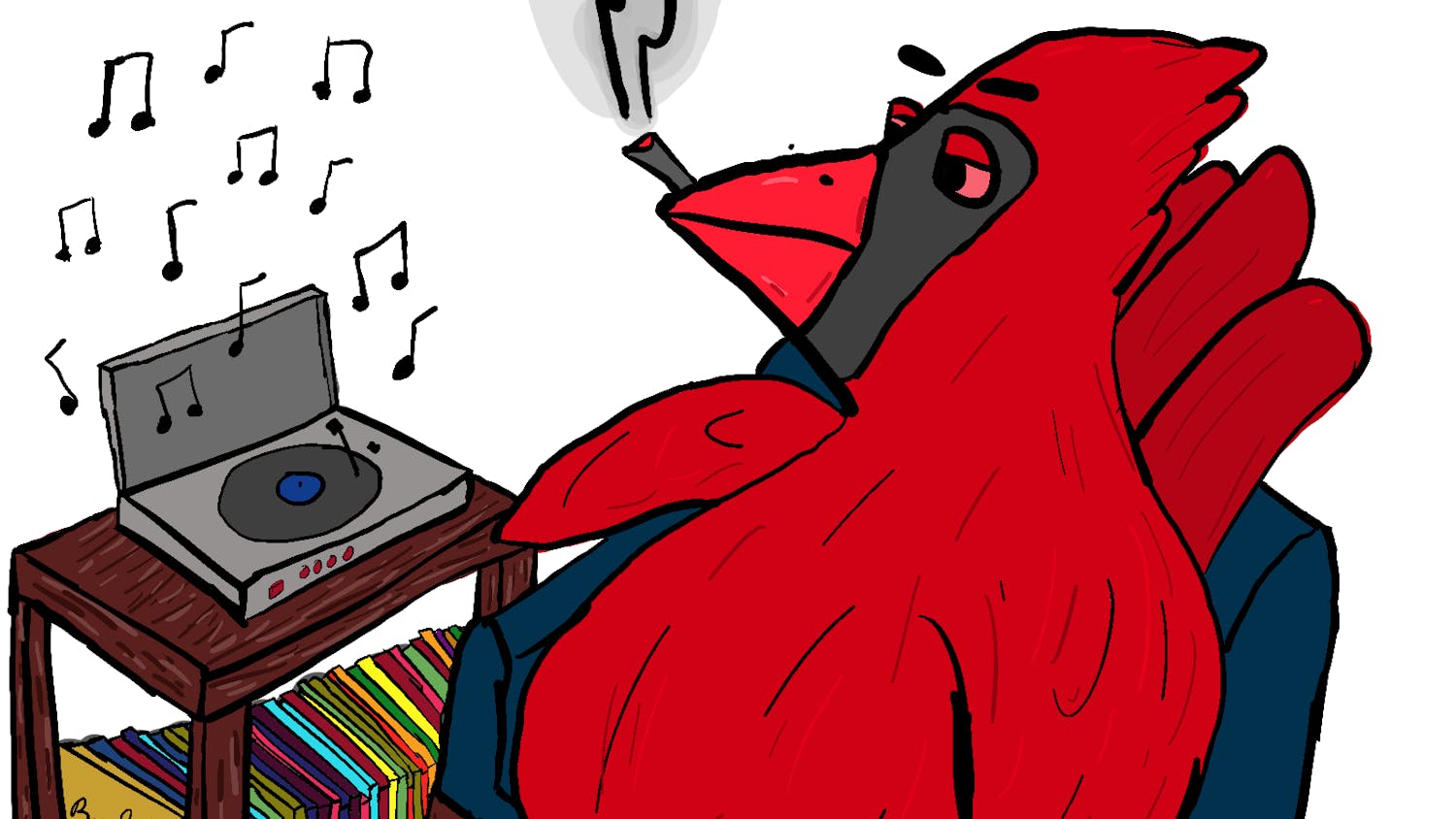There’s a joke from 2008 about how two games, “Metal Gear Solid 4: Guns of the Patriots”and “Fallout 3,” both opened with gruff old guys talking about war. The joke is in the fact that “Metal Gear Solid 4” wanted us to know about how “war has changed,” and repeated that line several times in its introduction, whereas “Fallout 3” was emphatic about how “war never changes.” Well, in 2015, “Metal Gear Solid V: The Phantom Pain” and “Fallout 4” were both released two months apart, and “Fallout 4” still opens with a monologue about how war never changes.
According to the “Fallout” universe, in the 21st century we’ll succumb to thermonuclear war. America’s survivors will primarily be people with ties to organized crime, government officials and those lucky enough to sign up with Vault-Tec’s nuclear shelter program. The problem: Most of Vault-Tec’s shelters are actually bizarre, non-consensual social experiments and the one your main character in “Fallout 4” winds up experiencing flings her 200 years into the future to watch her husband be shot and her baby be kidnapped. Your character quickly figures out the basics of survival and rushes out of the vault to rescue her son from the “Mad Max”-style raiders and find whatever remains of civilization. The game also lets you choose your gender.
A couple hours in it’s clear that war has learned a few new tricks without changing too much. It’s immediately noticeable that the game shifted its color palette and aesthetic. “Fallout 3” worked to create a bleak, green and grey landscape that evoked the harshness of the apocalypse. That look aged rapidly and limited how long players desired to roam the wastes. “Fallout 4” utilizes a warmer, blue-sky color scheme, making the darkness contrast more seriously with the game’s look. It’s still too early to make a final verdict on this, but it has already made the game more beautiful.
Another obvious difference is that the game has much more cinematic presentation. It’s no Coen Brothers film, mind you, but the jokes work more often; the sincere lines play less melodramatically and the pacing is greatly improved. Conversations take place in shot-reverse shot sequences rather than the bizarre lock-on, dead-eyed stare of “Fallout 3” and “The Elder Scrolls V: Skyrim,” previous games from the developer. Voice coaches, too, have elevated the quality of performances. Jokes that once might’ve worked better as text-only come alive, and this includes jokes made by voice actors who appeared in the previous game. It immediately evokes BioWare’s incredible “Mass Effect” series—which began in 2007, the year before “Fallout 3” was released—and changed the roleplaying game’s approach to dialogue and storytelling from its traditionally transparent “Dungeons & Dragons” base.
But most of what I’ve done in this game is use exactly the skills I learned eight years ago playing “Fallout 3,” slightly advanced by those found in “Skyrim.” Most of what you do in “Fallout 4” is wander around through natural-seeming environments and towns, and fight the bandits, automata and vermin you run into along the way with the weapons you find in these spaces and on your foes. You also talk your way into a slightly better bounty for the quest you’re taking on. Your leveling system works much like the one in the prior game and the ambient musical score is more of the same. While digging through old safes and computer logs to find out what happened in whichever apartment or gas station you’ve just found, you can listen to the radio, which still plays some of the radio songs from “Fallout 3” at least as often as new ones. At least there’s a new radio host, one who’s a little more WSUM than Mister Señor Love Daddy.
None of this is a complaint, apart from maybe how I heard “Butcher Pete” and “I Don’t Want to Set the World on Fire” enough times in the hundred-or-so hours I played “Fallout 3” that I’m a little less thrilled that they’re back in “Fallout 4.” It’s no radical departure. Whereas “Metal Gear Solid” seemed to make a conscious effort to study the ways war has changed, “Fallout” contented itself to behaving like 2008, slightly tweaking the form to keep things running. I’ll keep roaming the wasteland and I’ll report what I find. Until then “This is Three-Dog, OW-OOH-OOT! And you’re listening to Galaxy News Radio!”
What are your thoughts on “Fallout 4”? Let Alex know at alexlovendahl@gmail.com.





